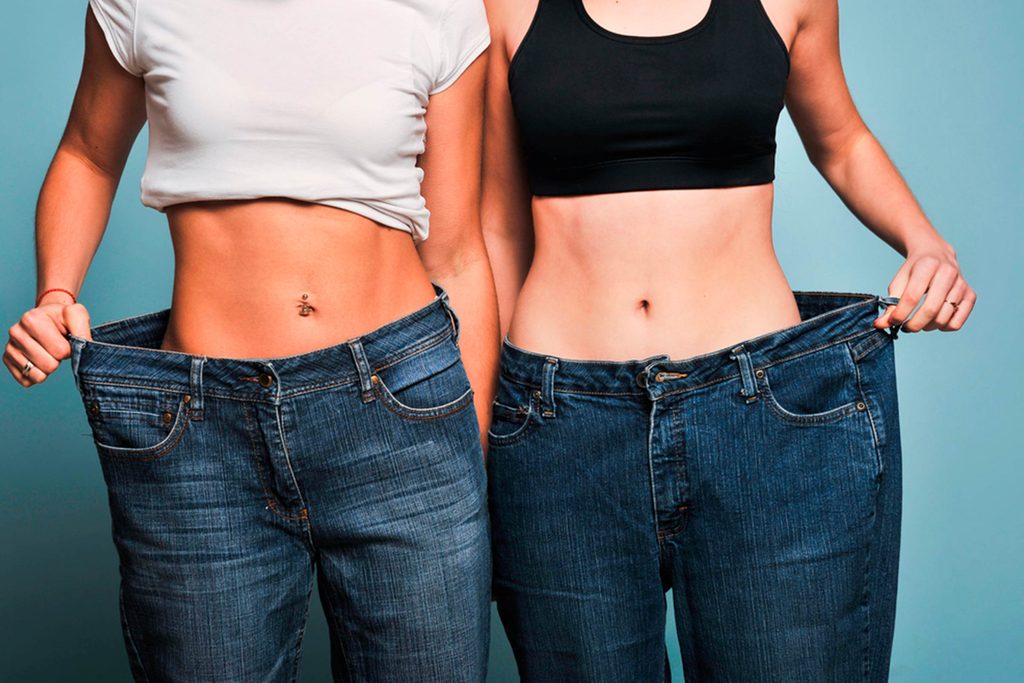The Sneaky Way Your Body Shape Could Be Sabotaging Your Health
Updated: Jul. 26, 2017
If you're trying to decide whether a low-carb or a low-fat diet will work best for you, your body type might hold the answer.
A study by The Economist suggests that the way to weight loss may be clear. A couple of glasses of water before meals helped dieters lose about 5 pounds more than those who did not drink water. Here are more reasons you should be drinking lots of water. While drinking water before a meal may fill a person up more, the contents of their meal count as well. Should a person be eating a low-fat diet or a low-carb diet? Or does it matter at all?
Research suggests that one diet actually isn’t any better than the other. The Harvard Health Letter concluded that low-fat and low-carbohydrate diets tied in terms of weight loss. While the low-carbohydrate dieters did show a slight increase in good cholesterol and a reduction in blood pressure, there was no statistical difference in the dieters’ weight loss. The caveat here is that the person had to stick to the diet. What helps a person see a diet through? (The day you choose to start a diet can make a big difference—here’s why.)

It could be body type. A study published in the Journal of the American Medical Association really drills down into the low-fat/low-carb debate. As reported by Time magazine, researchers found that body shape is the key to which diet a person will be able to stick with. “Apples” are people who carry most of their weight above the belt, while “pears” carry their weight around their hips. Apple types were more likely to be high-insulin secretors who respond more strongly to carbohydrates or sugars in their bodies. They lost the most weight on a low-carb, Atkins-type diet. Here are our 9 tips for getting started with a low-carb diet. Unstable insulin levels can create stronger hunger sensations, causing the apple types to go off their diet plans. Pears were low-insulin secretors who lost the same amount of weight on both diets.
All of these studies come down to choosing the diet that helps you eat less. The body-type diet does make some sense, as men are more likely to be apple types, with larger bellies, and tend to do well on higher-protein diets. On the other hand, women, who tend to carry weight around their hips, find themselves drawn to the low-fat diets. Here are our tips for eating less fat without missing it. The reality is, if a diet is failing, you try another one. A plan you can’t, or won’t, stick to will never work, regardless of what the research says. Learn the one food you should definitely avoid if you’re trying to lose weight.













